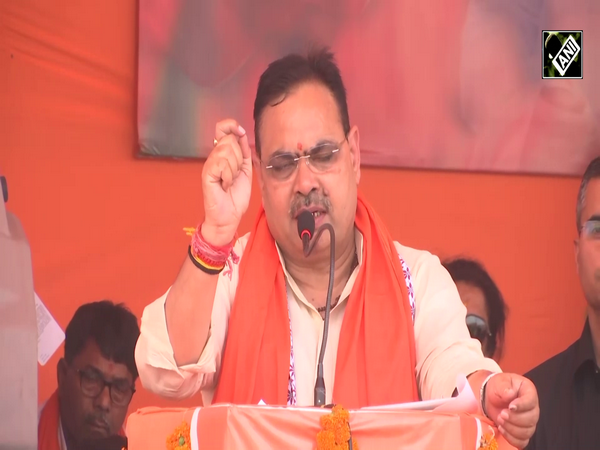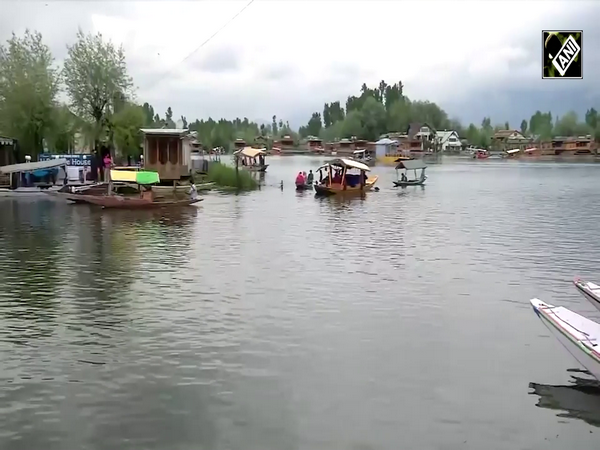
North East Delhi Violence case: Delhi HC dismisses bail plea of Salim Malik
Apr 23, 2024
New Delhi [India], April 23 : The Delhi High Court has dismissed the bail plea of accused Salim Malik, alias Munna, in connection with the northeast Delhi violence case.
The case was registered by the Delhi Police under Sections 3/4 of the Prevention of Damage to Public Property Act and Sections 13/16/17/18 of the Unlawful Activities (Prevention) Act, commonly known as "UAPA," were also invoked in the case.
While denying him bail on April 22, the division bench of Justice Suresh Kumar Kait and Justice Manoj Jain said, "In the present case, there is enough material on record which clearly indicates that the appellant/Salim Malik herein was a co-conspirator and has committed the offence for which he has been charge-sheeted. Therefore, in view of the bar provided under Section 45 D (5) of UAPA, we do not find any merit in the present appeal and the same is accordingly dismissed."
"In view of the factual matrix of the case and statements of the witnesses recorded during the investigation, we find that the accusation made against the appellant makes out a prima facie true case against him," said the court.
The appellant earlier, in his bail application filed before the Trial Court, pleaded that he was not an accused or co-conspirator and had been falsely implicated in the present case; he was not a member of any WhatsApp group in the present case; the role attributed to him did not fall under the terrorist act; there had been a delay of more than 10 days in registration of the present FIR; the disclosure statement had no evidentiary value; no recovery of weapon had been made at the instance of the appellant; no independent witness had been linked to justify his role in the alleged offence; he had been in judicial custody since June 25, 2020; and charge-sheet in the present case has been filed.
The prosecution, while opposing the plea, submitted that even though the appellant may not be a part of the WhatsApp group, it is quite obvious from the statements of various witnesses that he attended the meetings and took an active part in relation to hatching the conspiracy to commit riots. At this initial stage of the case, when the court has yet to ascertain charges and then embark on trial, the statements of witnesses examined by the prosecution during the investigation have to be taken at their face value.
According to the prosecution, the riots, which took place in the capital city of Delhi in the year 2020, were the result of a deep-rooted conspiracy, wherein the appellant was a co-conspirator. The preparators and conspirators of such riots had learned from the riots that had earlier taken place in December 2019, which had similar characteristics and modus operandi, albeit on a lower scale.
The objective of the conspirators was to escalate protests to chakka jam and once a crowd was mobilised, lead and incite them against the police and others. In order to give a secular look, secular names/Hindu names were given to protest sites.
The conspiracy involved moving from the protest site to designated locations and blocking the main road and highways, thereby creating confrontal situations, communal violence, attacking police and paramilitary forces, and damaging public and private property by using petrol bombs, firearms, deadly weapons, acid bombs, stones, chilli powder, etc. Finances were also arranged and utilised in organising such violence. According to the prosecution, the entire chain of events, clearly reflects conspiracy and from the testimony of witnesses recorded under Section 161 CrPC and Section 164 CrPC as well as from electronic evidence, i.e., chats of WhatsApp groups, it was clear that the appellant was a co-conspirator, stated Delhi Police.
























